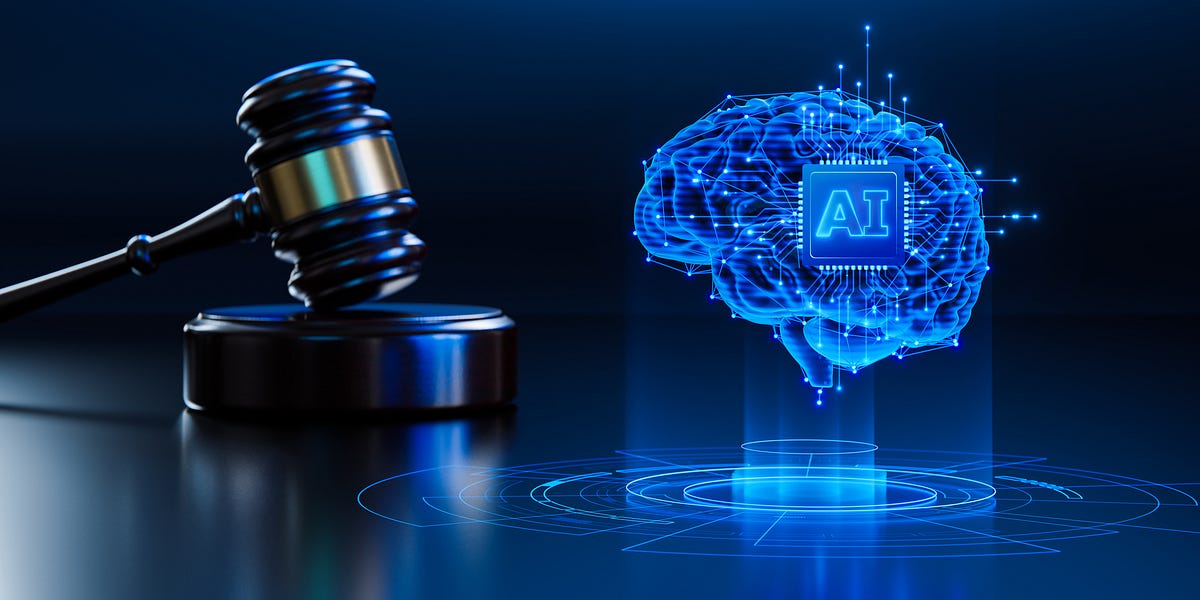A few days ago, I experienced a strange auditive mix-up. My favorite German radio program, Deutschlandfunk, sent a documentary about “platform workers”. Uber, Deliveroo, etc., you might think, but no. This was about workers on oil platforms in Norway: about the oil boom in the North Sea, about the hard work on the oil rigs and as diver, about the many long-term health issues that arouse, and about the long battle for recognition and compensation. The Norwegian parliament has recently set up a compensation scheme for the families of the victims of a particularly egregious neglect of safety standards, which led to the capsizing of a whole platform in 1980, with 123 deaths.
Today, we think of “platform workers” as individuals contracting with online platforms for executing online or offline services, often at lousy pay.
But depending on the alternatives available to them, in times of declining labor rights, platform work may still be preferable to many individuals. However, the companies seem hardly more interested in the long-term well-being of workers than the Norwegian government and oil companies were. In the latter case, workers were at least formally recognized as employees; as is well known, the delivery drivers and cyclists are, most of the time, formally independent contractors with no long-term protection whatsoever.
Beyond the same label, however, there is something interesting in how value gets created in these two types of work. You don’t so much hire workers to produce something by working together, combining different skills sets in a collaborative process (of course, even then the usual question about the “means of production” arises). Rather, there is an independently existing resource, and the platform is created to extract value from it. In the fossil case, it is gas and oil in the ground under the sea, in the case of digital platforms, it is the informational system that allows harvesting purchasing power from customers. What they have in common is that work here “creates values” by tapping into resources that are already there, and that, arguably, belong at least in part to the public. The workers, more than in many other jobs, are the Marxian “appendages to the machines”. As the case of oil rig workers shows, moreover, being highly skilled does little to reduce the dependence.
One might debate whether in the digital case, the resources are as much “given” as in the fossil case. The oil and gas are already there, in the ground, on public land or under the sea. But, it might be said, in the case of the digital infrastructures, the possibility of enabling profitable exchanges would not be visible and, in that sense, not exist, if the apps had not been programmed. True, but then the oil and gas have also remained invisible and untapped for centuries, for lack of the right technology. Moreover, the technologies that make possible digital platform work have not been created by these companies themselves. As Mazzucato and others have argued, much of the research that enabled the creation of the internet was publicly funded. And individuals use their privately owned mobile phones or computers to interact with the apps that organize “platform work”. In that sense, the digital platform companies are also tapping into a public resource that could also have been used rather differently.
The Norwegian oil profits, after all, mostly went into a sovereign wealth fund that has become the largest in the world, from which generations of Norwegians will benefit. Of course, this is no justification for how workers have been treated – neither here nor in the case of digital platform work. But just imagine what it would mean if the profits(*) made by companies that erect platforms onto the public resources that is the internet went into sovereign wealth funds as well! This could happen through taxation or through public ownership of the platforms (depending on where one stands on bigger questions about political economy).
States have often not been better than private companies when it comes to the treatment of workers and other stakeholders in platform cases. Apparently, when an organization, whether public or private, can tap into resources from which value simply flows, by erecting literal or metaphorical platforms, greed is likely to take over.(**) Protecting workers and stakeholders therefore remains an urgent concern, no matter where the profits flow. And yet, this latter question is also one that we should ask with regard to all forms of platform work, on oil rigs, digital apps, and beyond.
(*) Of course, not all of them are profitable and some have gone out of business, etc. But I am here assuming that overall, there is the potential for profit extraction.
(**) The exploitation of the Gas field in Groningen, where the victims were not so much workers but rather local inhabitants who suffer from the induced earthquakes, is a sobering case study in this respect.
.png)




